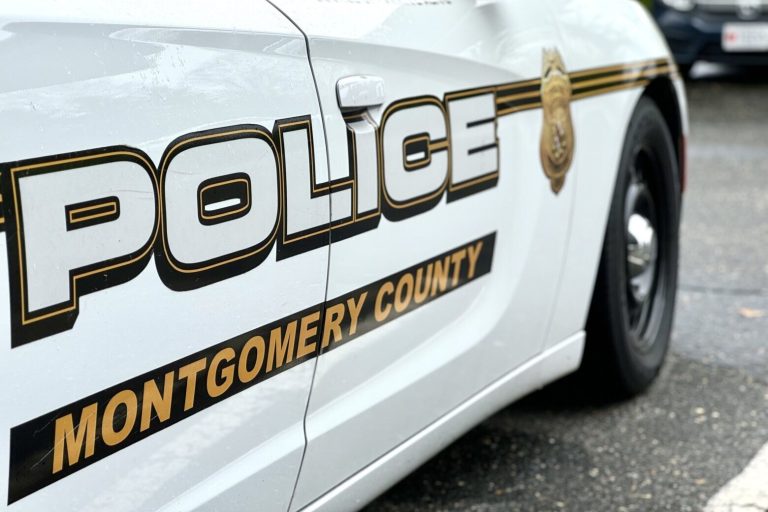Montgomery County police say they are getting better at identifying officers struggling with mental health issues and providing access to mental health care.
Montgomery County police say they are getting better at identifying officers struggling with mental health issues and providing access to mental health care.
On Sunday evening, Montgomery County Police responded to an incident in which an officer was reportedly “in distress” in his patrol car in Potomac, Maryland. After 3 p.m., police said the incident ended safely and the officer was transported to an area hospital.
“We’re doing a much better job of identifying officers who are having problems and trying to work with them (to get healthy and) get back on the streets,” Montgomery County Deputy Police Chief David McBain said.
Michael Uh, chief psychologist for the Montgomery County Police Department’s stress management office, agrees. The proactive approach to mental health in the county department, according to Uh, “is something I’ve always hoped for and I’m very, very happy to see it happen.”
Uh said the nature of police work is incredibly stressful, with officers having to rush to the scene of emergencies during which other people’s lives may be at stake. Although the scene may be chaotic, it It is up to the agents to restore order and security.
“The amount of mental energy it takes to react in this way and respond effectively is just a huge amount of mental strain,” Uh said.
Another problem that compounds the mental strain on police officers, Uh said, is the fact that they may be called upon to respond to one trauma after another.
“Basically, the police officer goes from crisis to crisis,” he says. “That’s maybe only a day’s work.”
“A citizen would experience maybe two or three traumatic events in their lifetime,” but officers witness or experience “somewhere around 170, that might be the average,” Uh added.
Establishing a work-life balance is a challenge for everyone, but for police it can be an added strain.
“They have to kind of flip the switch, so to speak, and go into dad mode or husband or wife or mom mode,” Uh said. “It’s a very difficult transition, that’s for sure.”
Officer welfare also extends to officers’ families.
“Family members are just as important to a police officer’s well-being as focusing on what they’re going through,” Uh said.
So it’s important to make sure families have access to mental health care, regardless of what the officer may be experiencing, he said.
According to Uh, there is a trend toward emphasizing the well-being of first responders and military personnel as well. He attributed some of that to the pandemic, when first responders were “in the heart of the storm” when things were at their worst.
When asked if there was still a stigma among first responders, who are often called upon to help others, Uh said he thought the situation was changing.
“I’ve definitely noticed that younger officers are more open to this,” he said, referring to seeking mental health help. “I think there’s definitely less stigma with them.”
Uh said he finds it gratifying that these officers are in leadership positions at some point.
While it’s important for departments to provide an open door to mental health services, Uh said, the most powerful messages come from officers’ peers.
Change happens, Uh said, when members of the department “turn to their fellow officers and say, ‘Hey, I’ve been struggling a little bit — or I’ve been struggling a lot — and I’ve gone looking for help, and now I’m back.” on call.'”
Get the latest news and daily headlines delivered to your email inbox by signing up here.
© 2025 WTOP. All rights reserved. This website is not intended for users located in the European Economic Area.


